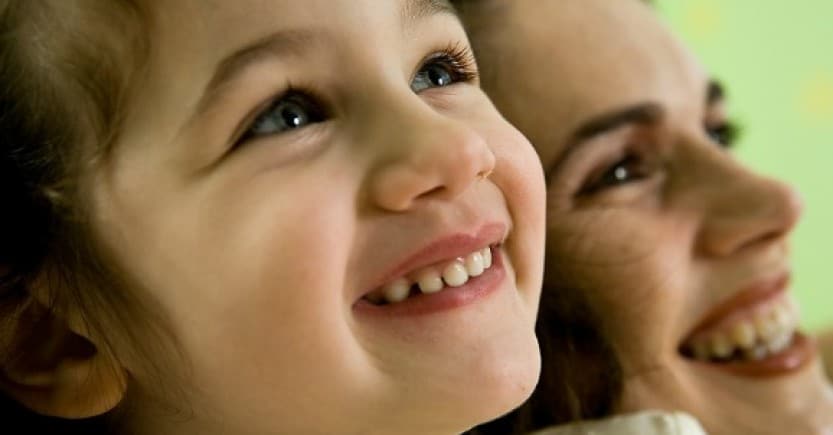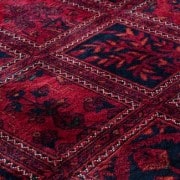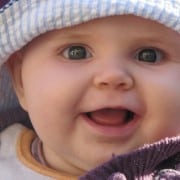20 Smart Ways to be Proactive in Protecting your Child’s Health
It’s not easy to bring children into this chemically laden world and keep them safe from toxins. Yet it is so critical at all levels of development. Here are some new facts and tips on common toxic hot-spots a baby or toddler may encounter in their home.
Bathing
A report from the Campaign for Safe Cosmetic Use suggests that bubble bath, shampoo and other common personal care products contain the chemicals formaldehyde and 1,4-dioxane. Both of these have been linked to developmental delays, as well as cancer and skin irritation. Yet, these chemicals are not listed on the label.Dioxane is a byproduct of chemical processing and formaldehyde is released from some of the chemicals that are used as preservatives, the report said. 48 bubble baths, shampoos and other baby and children’s products were tested for dioxane and about half of them for formaldehyde.
- Almost two-thirds of the 28 products contained both chemicals, including Johnson’s Baby Shampoo and Huggies Naturally Refreshing Cucumber & Green Tea Baby Wash.
- Eighty-two percent of products tested contained formaldehyde; the highest levels were found in Baby Magic Baby Lotion.
- American Girl shower products had the highest levels of dioxane among products tested.
Look for all natural products, including ones with the U.S. Department of Agriculture organic seal which assures that toxic chemicals are now present.
Bedroom & Closet
- Avoid mothballs and hanging freshly dry-cleaned clothes in the closet.
- Use natural bedding, avoiding a synthetic mattress or pillows
- Natural all- cotton sheets and blankets are preferable to polyester ones which have formaldehyde. Wash all bedding before using it. Organic cotton sheets and blankets are ideal.
- Don’t use fabric softeners.
- Use an air filter in the bedroom that removes chemical contaminates as well as standard inhalants.
- Be sure non-toxic paint is used for the bedroom if any repainting is done and air the room thoroughly before letting the child use the room.
- Don’t lay new synthetic carpet in the room
- Avoid air fresheners, perfume and cologne, or other scented products in the bedroom.
- Make sure any toys stored in the room are non-toxic.
Kitchen & Dining
- Avoid exposure to bisphenol A (BPA). Use glass baby bottles or bottles made from BPA-free plastic.
- Don’t let your child use dishes or plastic toys with PVC or a 3 marked on them.
- Use only natural cleaning products.
- When heavy cleaning is needed, Bon Ami is an excellent scouring powder.
- Instead of typical vinyl teething rings, try a frozen washcloth.
- Use filtered water for drinking and mixing with formula and cooking.
- Don’t use pesticides unless they are safe and natural.
- Don’t use a pesticide collar on pets.
- Use stainless steel or cast iron pots and pans. High heat can release chemicals from Teflon that have been proven harmful.
- Don’t use standard plastic containers or plastic wrap to heat food for the child.
- Do not remodel with kitchen cabinets or furniture that contain particle board or plywood.









